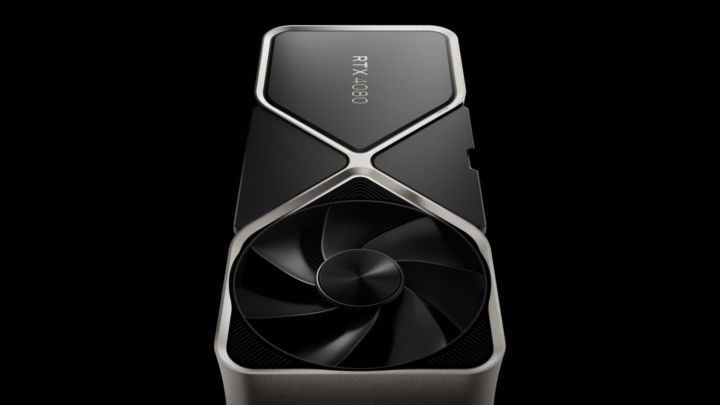The day many were waiting for finally arrived, and Nvidia announced its new line of graphics cards last week.
Leading the pack is the GeForce RTX 4090, Nvidia’s high-end graphics card which will replace the ageing RTX 3090. The company also introduced the GeForce RTX 4080. A card which will come in two variants: one featuring 12 GB of memory, and the other 16 GB.
But despite the fact that so many people were waiting for Nvidia’s CEO Jensen Huang to announce the new RTX 40 series, the announcement left some people disappointed and with a bitter taste in their mouths.
This wasn’t so much about the GeForce RTX 4090 card: it looks great on paper when it comes to specs, looking to be a great successor to the RTX 3090.
However, some people were left disgruntled by the pricing and specifications of the GeForce RTX 4080 models.
Regarding pricing, the RTX 4080 16 GB version will retail for a steep $1,199 US dollars, while the RTX 4080 12 GB will go for $899 USD. This is a significant mark-up relative to the price of the current-gen RTX 3080 12 GB and RTX 3080 10 GB (the original edition of the card) which sell for $799 and $699 US dollars respectively.
So Nvidia has quietly raised prices on its “80” cards by $300 and $200 US dollars depending on the model, something which the company’s CEO Jensen Huang said has to do with the fact that “Moore’s Law is Dead”.
“Moore’s law is dead. And the ability for Moore’s Law to deliver twice the performance at the same cost, or the same performance at half the cost every year and a half is over. It’s completely over”, said the Taiwan-born American CEO when asked about the matter by a PC World journalist. “And so the idea that the chip is going to go down in cost over time, unfortunately, is a story of the past”, added Huang.
And truth be told, Nvidia has switched to a new manufacturing process for its RTX 40 series, with the chips being manufactured by TSCM instead of Samsung (now on a 4nm process), and all that factory capacity is expensive.
There’s also the matter of the RTX 4080 16 GB and RTX 4080 12 GB specs, which to some didn’t look so good on paper.
You see, both these cards will feature narrower memory buses than the equivalent RTX 3080 graphics cars, namely 256-bits for the 16 GB card and 192-bits for the 12 GB variant. Meanwhile, the current RTX 3080 cards boast 320-bit and 384-bit buses. There’s also the fact that the 12 GB version of the RTX 4080 will have less CUDA cores than the 10 GB variant of the RTX 3080 (7,680 vs 8,704), something which might have rubbed some people the wrong way… CUDA cores are individual processors which take care of graphical calculations and it would have been nice to see a higher number in the RTX 4080 12 GB vs the RTX 3080 10 GB.
The RTX 4080 16 GB does have more CUDA cores than both variants of the RTX 3080 (12 GB and 10 GB), though.
The thing is, the RTX 4080 12 GB does feel like a rebranded RTX 4070, that this is the card the GeForce RTX 4070 should have been… Actually, rumors doing the rounds this summer said Nvidia was considering two different specs for the RTX 4070 – but the more powerful variant ended up becoming the RTX 4080 12 GB it seems, rather than the RTX 4070 or RTX 4070 Ti model (neither the GeForce RTX 4070 or RTX 4070 Ti have yet been announced by Nvidia).
This explains the big gap in specs between the RTX 4080 16 GB and 12 GB versions – one boasts substantially less CUDA cores, a narrower memory bus and significantly lower memory than the other – a source of disappointment for sure. And there’s also that $300 US dollar price gap between them too…
Nonetheless, it will sure pay to wait until the cards hit the market (early November according to Nvidia) and see what sort of performance they really offer when reviewers and PC tech enthusiasts put them through their paces.
GeForce RTX 4080 graphics card (Nvidia Corporation)
Jensen Huang at Computex Taipei (link) [Creative Commons (link)]


